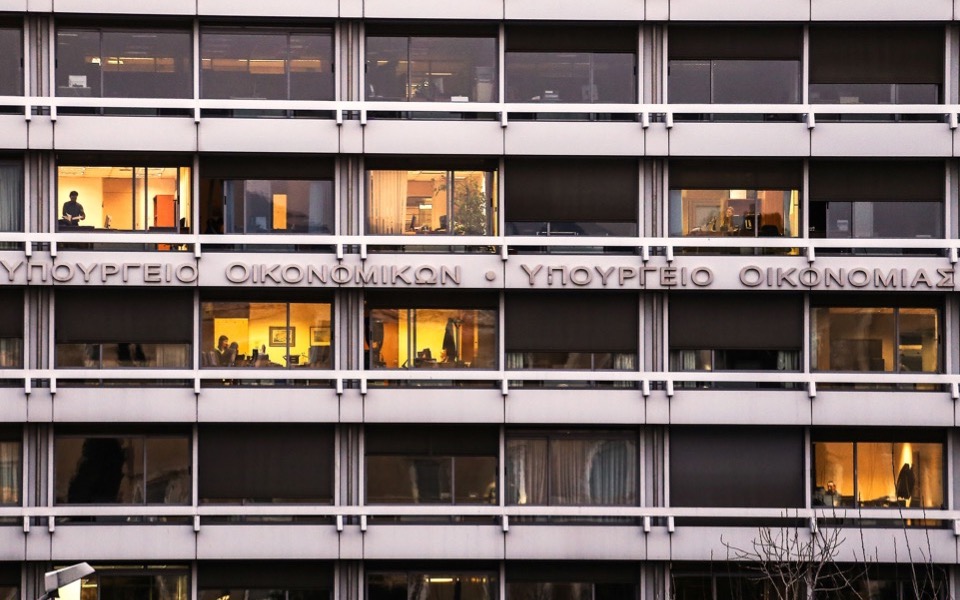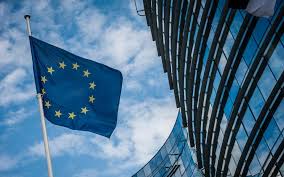More tranches for state loans
Gov’t may increase monthly installments for ‘Deposit To Be Returned’ dues to 100-120

A barrage of problems in the market – with the lockdowns, continued restrictions, rising energy costs, price hikes and now the war in Ukraine – are prompting the government to further ease the pressure on companies that have benefitted from the cheap state loans named “Deposit To Be Returned” and have the dues repaid in as many as 100 or even 120 tranches.
Recipients of the pandemic’s credit scheme should have been informed since last fall of the precise amount they have to return to the state. That has not yet become possible as the government’s planning has changed since then, with a new “haircut” to the part of the loans that must be paid back, with interest-free installments and an extension to the repayment deadlines.
The deadline for borrowers who want to pay off their dues in a lump sum, which wold secure them a discount of 15%, is coming up at the end of the month. This means the Finance Ministry has 22 days left in which to issue its final decisions. These will be followed by the necessary checks by the Independent Authority for Public Revenue, which will need to upload the notices with the dues of 700,000 enterprises and freelance professionals who received the loans.
Although no definitive decisions have been made yet, the government is leaning towards further easing the burden on borrowers and helping their cash flow.
One of the scenarios provides for an extension to the deadline by one to three months for those wishing to pay all their dues at once: That would take the deadline to end-April or even end-June.
Another scenario, which may well complement the first one, provides for an increase in the number of repayment installments. Right now, dues from the “Deposit To Be Returned” must be repaid in 60 interest-free monthly tranches, with the first one due by June 30. The ideas on the table now point to an increase to 100 or even 120 installments, as the market also demands. However, the ministry is now also partial to an increase, and the decision may eventually be made by the prime minister’s office.





